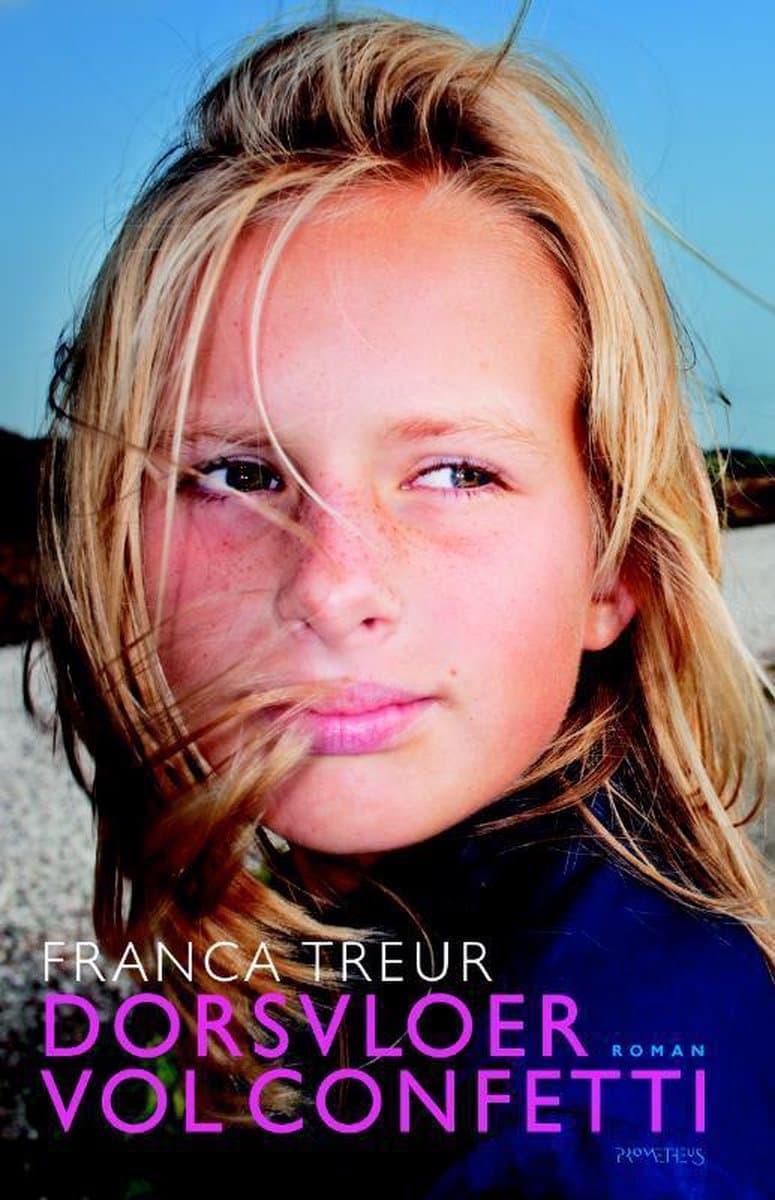Confetti on the Threshing Floor
The enormous success of Franca Treur’s debut 'Dorsvloer vol confetti' (Confetti on the Threshing Floor) has more than a little to do with the subject matter: the strict Calvinist upbringing of a dreamy eyed farm girl in the coastal province of Zeeland. Katelijne, the protagonist of the novel, grew up on a farm there with her six brothers. She would have liked nothing better than to work alongside the boys: hay making, feeding the animals, milking, spreading manure, etc. But the opportunities were few and far between. Because she was a girl, she was allocated the typical female task of helping her mother with the housekeeping chores.

Alongside this portrait of archaic farm life, a prominent role is reserved for the family’s Calvinist faith. Katelijne’s parents adhere to a variety of Protestantism in which Man is born in sin, and even a virtuous life is no guarantee of a place in heaven. Forswearing sexuality and ungodly behaviour is not enough. One must be converted, touched by God, indeed, chosen by Him. The dread which the Last Judgment inspires in Katelijne is overwhelming. After being cheeky to her mother, she dreams that when Judgment Day comes around, God banishes her to hell: ‘She’s standing next to the open car door and giving her mother a cheeky look. ‘Ohhh,’ she hears people whisper, bringing their hands to their mouths. The Lord God looks at her and says: ‘Remove her from My sight. Cast her into outer darkness, where there will be weeping and wailing and gnashing of teeth.’
Franca Treur grew up herself on a farm on the island of Walcheren. She pulls no punches in her description of Calvinist life but she is not out to settle old scores. Her portrait of Katelijne’s youth is painted with love, and it is full of astonishment rather than bitterness. That may well be the secret of its success. Fellow author Jan Siebelink did something similar in his perennial best-seller Knielen op een bed violen (Kneeling on a Bed of Violets). While he was delving into the darkest depths of Calvinism, he never rejected faith or the faithful.
'Dorsvloer vol confetti' is a buoyant regional novel with poignant accents.
NRC Next
And yet the key to the quality of Dorsvloer vol confetti is neither the rural nor the deeply religious setting. Franca Treur is simply a very good writer. The manner in which she tells her story, which is divided into brief scenes from Katelijne’s childhood on the farm, commands respect. She combines keen observation with dreamy retrospection, and the Dutch original is punctuated with pithy regional expressions and Biblical quotations.
An enchanting novel. Reasons aplenty to keep Treur in mind.
De Volkskrant
A striking narrative talent.
Trouw
.jpg&w=640&q=75)